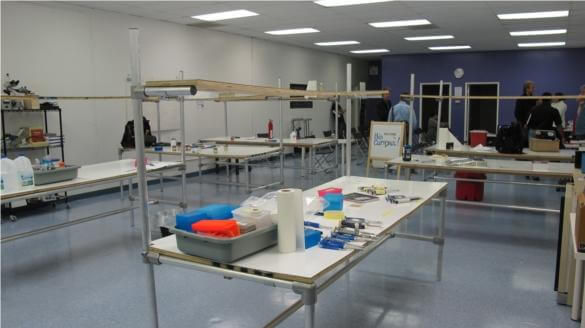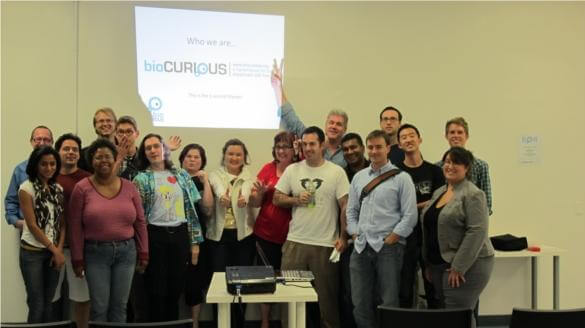Are You BioCurious? Now You Can Join the Club, Use the Lab, Hack Your Biology.

Share
The Do It Yourself community is breaking new ground. Forget learning how to knit, building your own computer, or fixing the molding in your house. DIY is hacking biology. That's right, genetic engineering, ecology, and neuroscience are all ready for you to dive in...with a little help from your friends. BioCurious is a pioneering hacker collective in Silicon Valley with their own lab, equipment, and reagents capable of performing many advanced scientific experiments. They want you to join them. Their new facilities in Sunnyvale are now officially open, and for just $150 a month anyone can become a member. (Or for a limited time you can get a free day pass!) Take classes, meet other biohackers, and explore the wonderful world of biology all in their fancy new digs. Watch founder Eri Gentry describe BioCurious' mission and successes in the video below. By providing a space where the DIY community can come together, BioCurious is opening a whole new level of biology up to the public. Are you ready to hack?
Here's Gentry at this year's Maker Faire explaining what BioCurious (and DIY biohacking) is all about:
While DIY biology isn't as complex as the academic research science we cover here at Singularity Hub, it's truly amazing how much you can do with a little help from your friends. To date, BioCurious has performed many fun, and exciting, biohacking feats with their 500+ members. Those projects include: putting jellyfish DNA into bacteria cells to make them glow green, studying neurology by 'hacking' a cockroach, building biospheres, testing members for genes linked to breast cancer and athletic ability, and much much more.
BioCurious' new space in Sunnyvale is full of much of the same equipment you'd find at professional labs. Some was donated to the collective, other pieces they bought at auction. (Thanks in part to the $35k+ they raised via KickStarter last year.) In the 2400 square foot BioCurious lab you'll find PCR machines, gel electrophoresis equipment, incubators, fridges, freezers, and microscopes. Key members of BioCurious have research experience and the BioCurious crew also recruits guests like the folks at Backyard Brians or DIYbio.org to expand their expertise. As a community, BioCurious has the resources to either perform (or find the people who can help you perform) the type of science you'd want to explore on your own if you only had the time, space, and experience.
Be Part of the Future
Sign up to receive top stories about groundbreaking technologies and visionary thinkers from SingularityHub.


Which is really the biggest advantage BioCurious has over all the other garage-based biohackers out there. The new equipment and lab are nice, but it's the forging of a community of like minded citizen scientists that really makes BioCurious worthwhile. They've got 500+ members, and with their new space they're going to add many more. Thousands of people watched their presentations at Maker Faire and they won an award for education. BioCurious helped teach Singularity University students about DIY biohacking. At every turn, BioCurious is making the right moves to attract those of us who are curious about the biological systems that are so complex, and yet so very integral to our lives. There's only so much you can do with a PCR machine - there's much more you can accomplish with thousands of people curious enough to learn how to make their own PCR machine.
Right now, the DIY biology community's greatest asset is its enthusiasm. We're not at the point yet where we're likely to see major scientific contributions come from neighborhood labs, even those as sophisticated and well stocked as BioCurious'. What we have seen is amazing biological research accomplished by leveraging crowd sourcing. As the cost of equipment comes down and the power of retail grade computer processing continues to grow exponentially, groups like BioCurious will be able to accomplish ever more sophisticated science. At that point, researchers may be wise enough to harness this better equipped crowd as a full partner in the scientific journey.
In order to get to that point in the development of DIY power, the biohacking community is going to need to grow by considerable bounds both in size and budget. I think BioCurious is a perfect example of how that growth can be enabled by a few pioneers with the vision to bring people together in the name of fun and science. A heartfelt pile of kudos to Eri Gentry, Kristina Hathaway, Josh Perfetto, Raymond McCauley, Joseph Jackson, Tito Jankowski, and all the other great people who have brought BioCurious so far. With any luck, laboratories and communities like this one will continue to crop up all over the globe and bring DIY biohacking to the masses. If you're in the San Francisco Bay Area take some time to check them out. You can stop by for free, and you never know...you might just discover you're more BioCurious than you think.
[image credits: BioCurious via Tito Jankowski]
[video credit: Maker Faire TV]
[source: BioCurious]
Related Articles
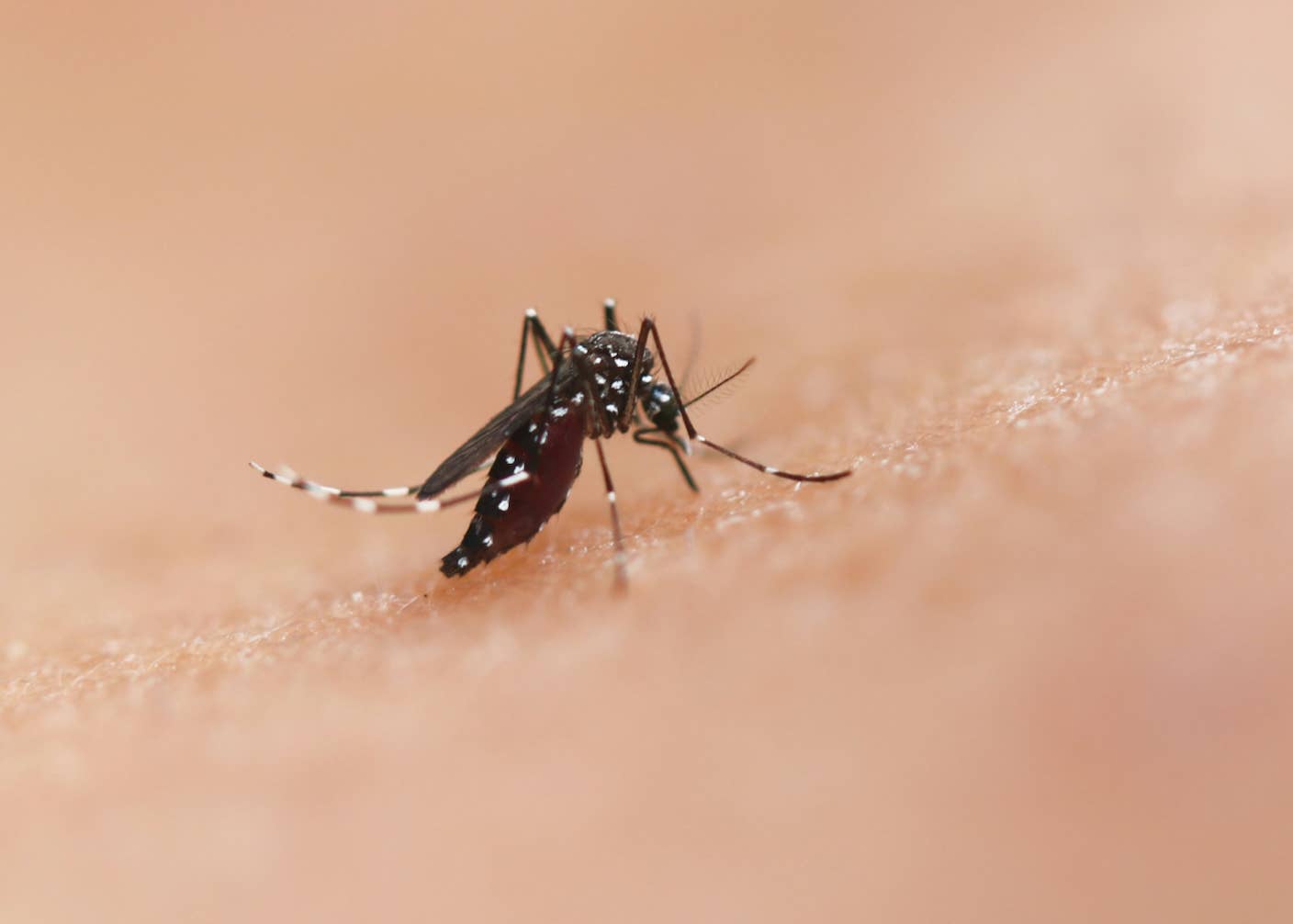
New Gene Drive Stops the Spread of Malaria—Without Killing Any Mosquitoes
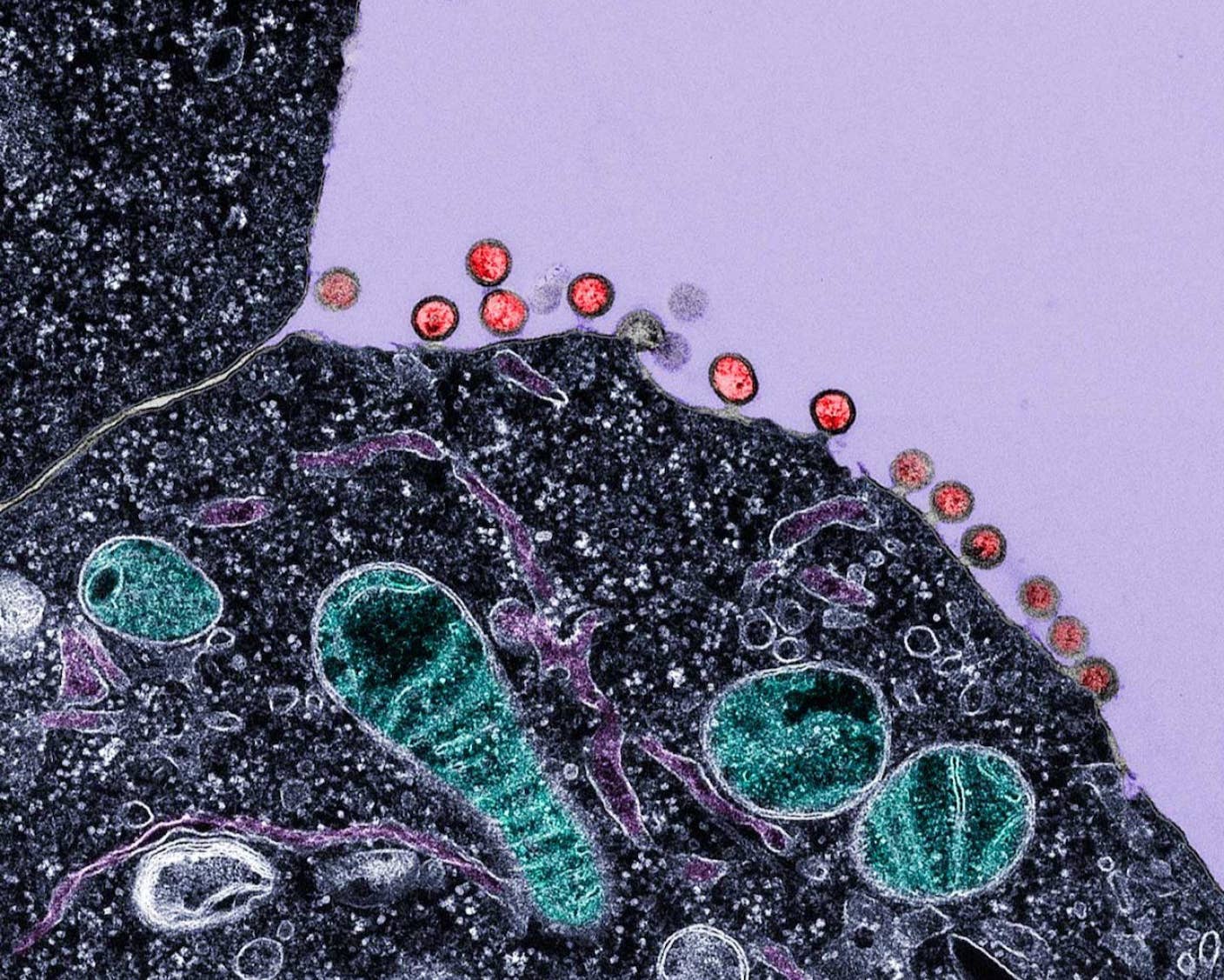
New Immune Treatment May Suppress HIV—No Daily Pills Required
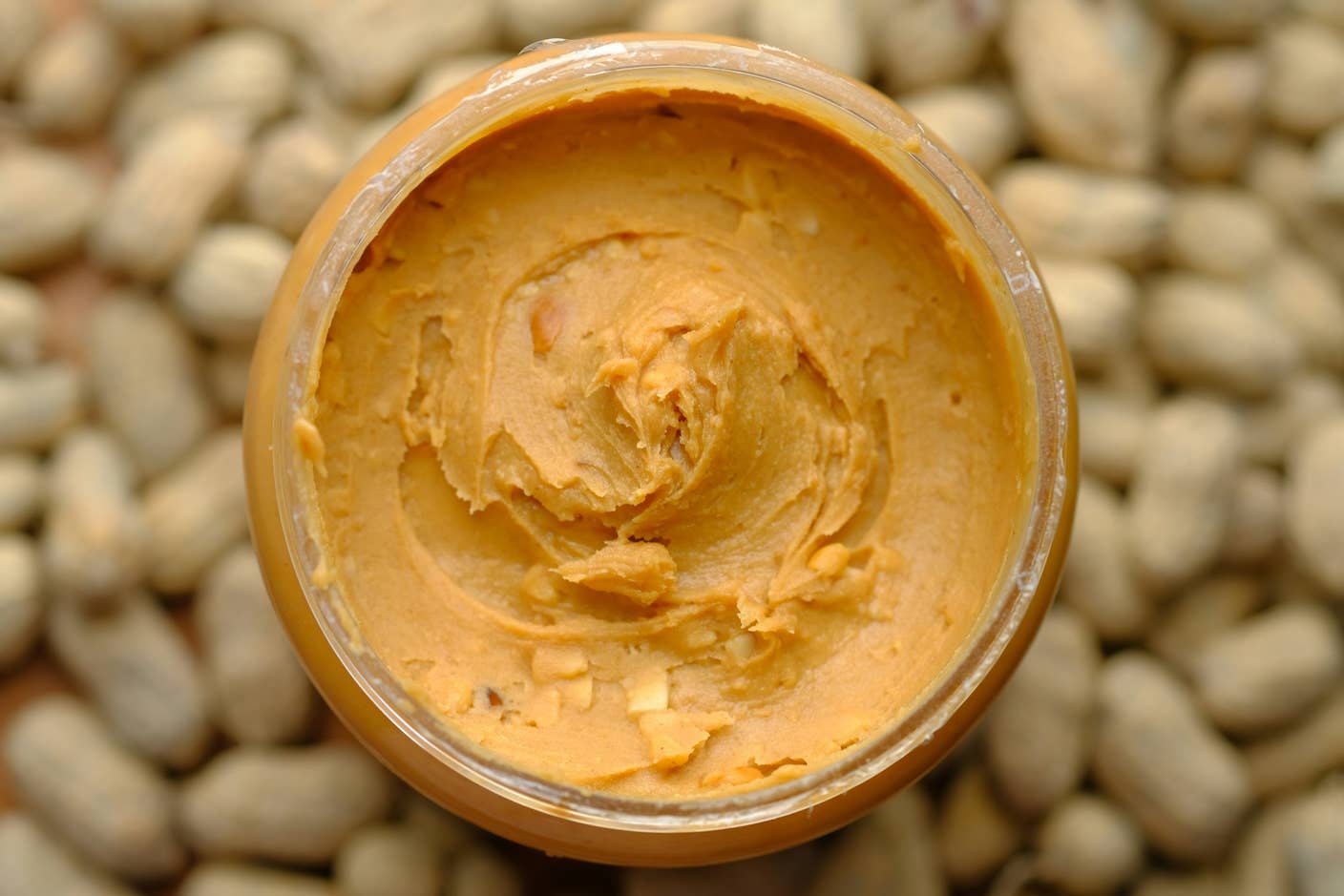
Scientists Just Developed a Lasting Vaccine to Prevent Deadly Allergic Reactions
What we’re reading

